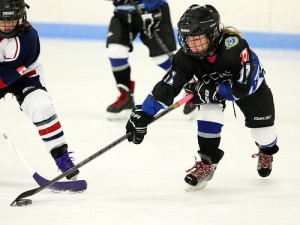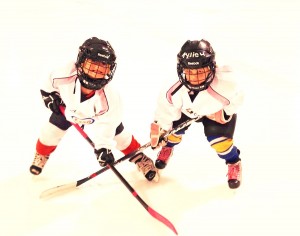Assault in Recreational Sports
Personal Injury and Sports
Recreational sports are a great source of fitness and fun. When we play sports we understand that certain risks may be involved. When people play in any form of organized sports they are consenting to some sort of risk. For example, in hockey, participants consent to some form of bodily contact and the consequential risk of injury that may arise from that. Further, ‘voluntary assumption of risk’ is a legal principle meaning that incidental or accidental contact that falls within the rules of the game is consented to.
Who is responsible for sports injuries?
But what happens when a participant is injured when another player acts well outside of the rules of the game? We know that players are responsible for their actions as evidenced in the Todd Bertuzzi matter. Recreational players should find it reassuring that if another participant acts well outside the scope of the game causing serious personal injuries they will be responsible for any resulting damages including, but not limited to, economic losses.
Liability and compensation in sports injuries.
The severe repercussions that an individual may face when acting outside of the scope of the game was recently evidenced in Leighton v. Best where the Super



